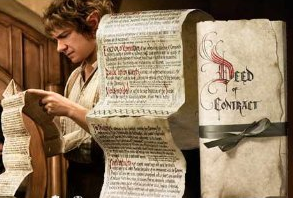Copyright and the National Anthem – Bonus Links
 My last three posts (here, here, here) have looked at some copyright issues around the national anthem. Their immediate context was Senator Mark Daly‘s National Anthem (Protection of Copyright and Related Rights) (Amendment) (No 2) Bill 2016 (effectively reviving a Bill that he had introduced into the last Seanad earlier in the year). To provide a little lighter reading on the topic, here are 4 sets of bonus links about the copyright, the anthem, or both.
My last three posts (here, here, here) have looked at some copyright issues around the national anthem. Their immediate context was Senator Mark Daly‘s National Anthem (Protection of Copyright and Related Rights) (Amendment) (No 2) Bill 2016 (effectively reviving a Bill that he had introduced into the last Seanad earlier in the year). To provide a little lighter reading on the topic, here are 4 sets of bonus links about the copyright, the anthem, or both.
Bonus 1: Alex Marshall (blog | twitter), author of Republic or Death!: Travels in Search of National Anthems (Penguin | Amazon), writing in the Irish Times (h/t Alex’s blog), put “The Soldier’s Song” into the context of other national anthems. It’s a very entertaining piece. While he bemoans the relative obscurity of Peader Kearney and Patrick Heeney, he consigns Liam Ó Rinn to oblivion – he finishes the piece with the first line of “Amhrán na bhFiann”, but he doesn’t name-check Ó Rinn at all!
Bonus 2: I was on the the Marian Finucane show on RTE Radio 1 the Sunday morning before last (listen here), on The Last Word with Matt Cooper on TodayFM the following Monday evening (listen here), and on the Shaun Doherty Show on Highland Radio the following Wednesday morning (listen here until the end of the week).…




